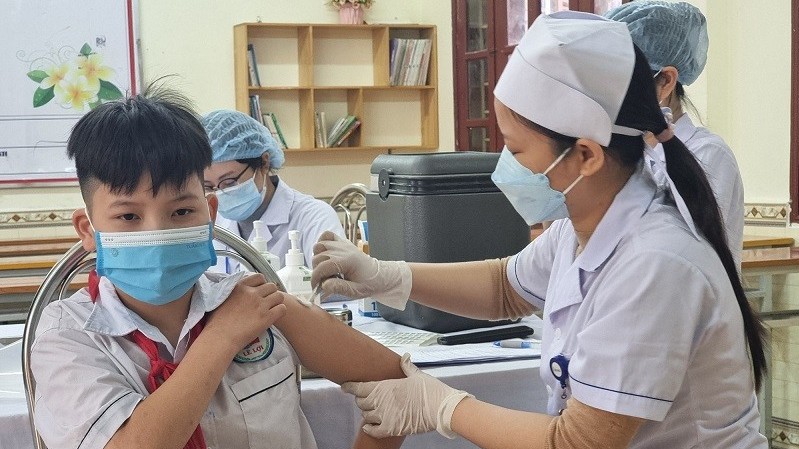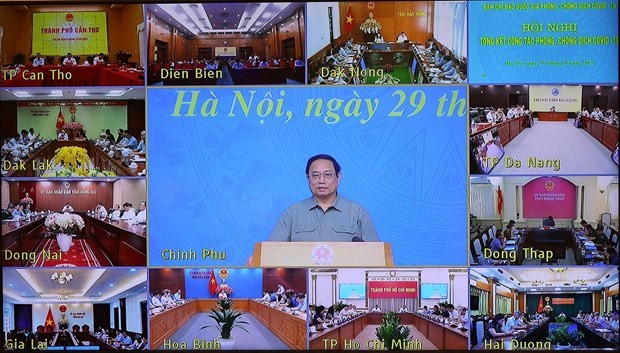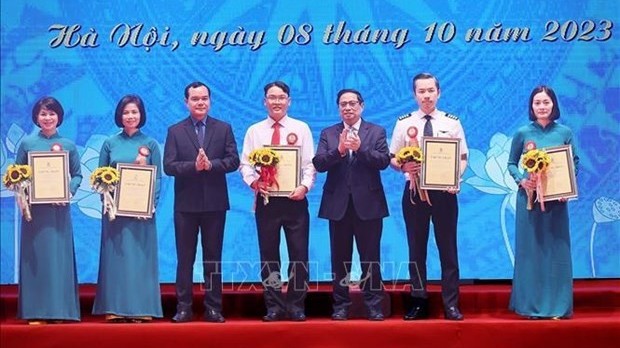
Real estate businesses seek ways for recovery pathway after COVID-19 pandemic
Latest
| TIN LIÊN QUAN | |
| Property firms return to market after COVID-19 pandemic | |
| Huge potential for developing resort property market post-COVID-19 pandemic | |
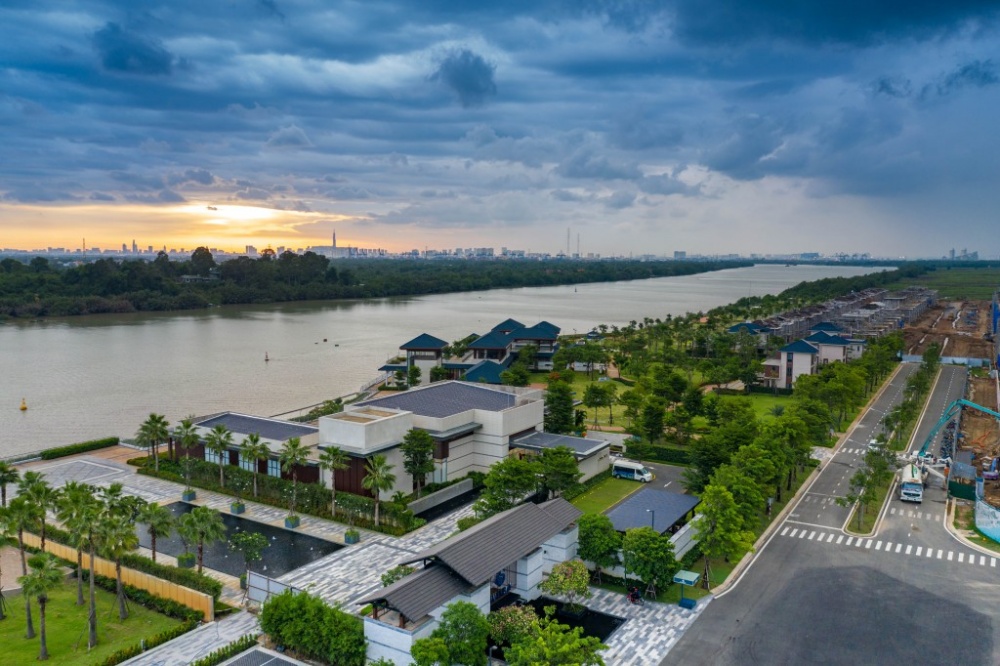 |
| A corner of Swan Bay project. |
The COVID-19 pandemic has had a profound impact on the entire national economy, in which the property market has been greatly affected. In Ho Chi Minh City, in addition to the efforts of enterprises, the State management agency has also been active in taking steps to remove difficulties and legal obstacles that previously suspended real estate projects had faced.
According to a report published by the Ministry of Construction detailing the housing and real estate market during the first quarter of the year, the number of successfully traded products stood at approximately 14% of the overall number of existing products on the market. This figure marks a four-year low, and equivalent to roughly 40% compared to the same period from last year.
With the impact of the epidemic causing about 80% of real estate trading floors nationwide to close or suspend operations due to there being no transactions, the Ho Chi Minh City Real Estate Association (HoREA) have said this has led to a slowdown in the property market to hit the first quarter of 2020. Indeed, statistics indicate that house purchases and sales have suffered a decline of about 70%, with revenue dropping by around 80%.
Nguyen Huong, general director of Dai Phuc Land Company, said the COVID-19 epidemic has greatly disrupted the development scenario of firms. This means that businesses must move to develop the housing segment for those who have real housing needs, while simultaneously adjusting their business strategies in a bid to attract the attention of customers who wish to settle down or invest in the property market.
“After the pandemic, property firms should apply incentive payment policies with customers only paying 30% in advance after receiving their houses and paying the rest after 24 months. This very good financial solution has seen an increase in transactions in late April and in early May,” Huong noted.

| Ha Noi grants licences to 68 FDI projects in January |
Bui Ngoc Duc, CEO of Dat Xanh (Green Land) Group, underlined the need to develop sales based on technology platforms as opposed to launching sales through major conferences that would see crowds of people descend on a venue. This shift would help both customers and salespeople make more interactions through software solutions in a more convenient and easier manner.
In the context of the current real estate market, Le Hoang Chau, HoREA President, suggested businesses across the country should strive to overcome difficulties by restructuring their investments and key products. Furthermore, there must be a particular focus made to affordable housing products in order to meet the needs of the majority of citizens.
To facilitate a pathway to post-epidemic recovery for real estate enterprises, Chau proposes that insurance agencies allow businesses to extend the deadline for their social insurance payments from March to June. In addition, the State Bank and direct commercial banks have been asked to consider delaying interest rate payments for banks that had debts arising during the first quarter of the year.
Additionally, the Ho Chi Minh City People's Committee has recently directed relevant departments and agencies to devise solutions aimed at dealing with difficulties and problems faced by property businesses, primarily focusing on the project implementation process, changing land use purposes, and construction investment.
Ho Chi Minh City has to date handled 30 projects facing difficulties as a means of creating the best possible conditions for real estate firms to revitalize themselves in the aftermath of the COVID-19 epidemic, whilst also speeding up the settlement of relevant administrative procedures. Moreover, property businesses must try to improve their own actions and pay close attention to proper investments made in business strategies in accordance with the law.
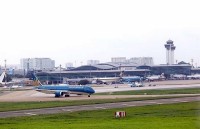 | Vietnam receives wave of investment in aviation infrastructure A significant wave of private investment is flying into aviation infrastructure on the back of improvements in long-term development planning for the sector in Vietnam. |
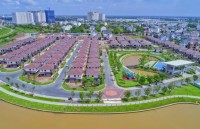 | Vietnam’s property developers promote partnership with foreign investors Japanese investors are now aiming to pour US$9-10 billion into Vietnam over the next few years, mostly into infrastructure development and real estate. |
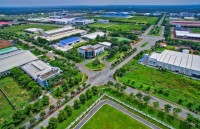 | Growth in automobile sector drives up Vietnam industrial real estate market A large number of industrial and commercial lease deals related to the automobile sector have been made over the past three years. |




